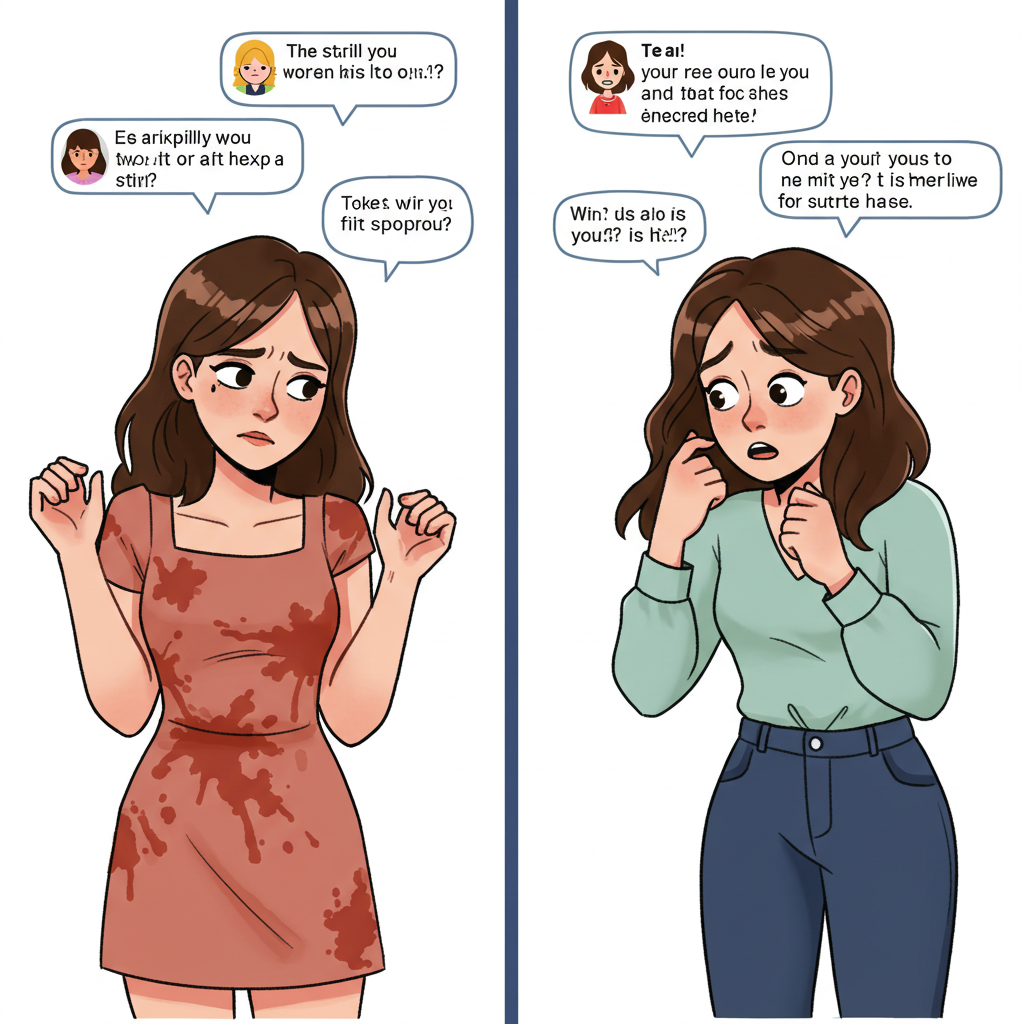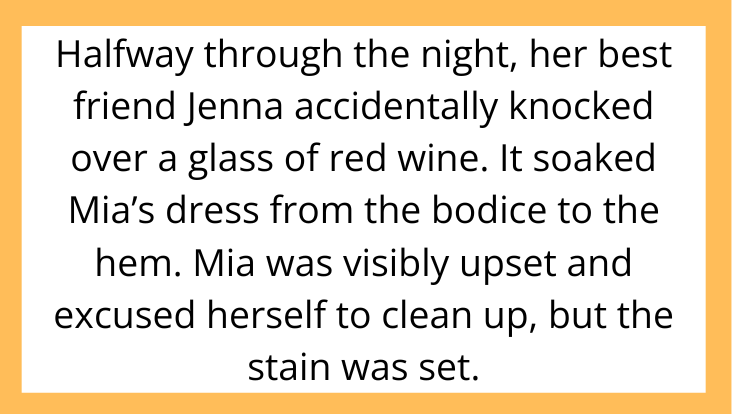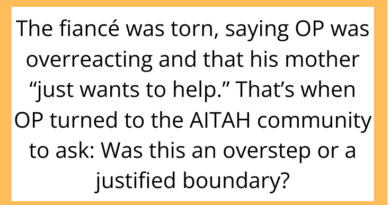AITAH for Asking My Best Friend to Pay for a New Dress After She Ruined Mine at My Birthday Party?
Turning 30 was supposed to be a milestone celebration—elegant, memorable, and joyful. But what started as a perfect evening quickly spiraled into drama when a spilled drink led to hurt feelings, accusations, and a viral AITAH debate.
Today, we’re unpacking this scenario to figure out who, if anyone, is truly at fault.
The Story: A Birthday, A Dress, and a Disagreement

The poster—let’s call her Mia—shared her story on r/AITAH. She had planned a formal birthday dinner at an upscale restaurant, inviting about 20 of her closest friends. Everyone knew it was a semi-formal affair, and Mia splurged on a new designer dress she’d been eyeing for months.
Halfway through the night, her best friend Jenna accidentally knocked over a glass of red wine. It soaked Mia’s dress from the bodice to the hem. Mia was visibly upset and excused herself to clean up, but the stain was set.
Jenna apologized repeatedly, but later that week, when Mia took the dress to the cleaners, she was told the damage was permanent. The dress had cost over $500.
Mia texted Jenna, asking if she could contribute toward replacing it. Jenna responded that it was “just an accident” and she didn’t think she should have to pay.
The two haven’t spoken since.
The Internet Responds: Is Mia Overreacting?

The post quickly exploded with comments. Opinions were divided but passionate.
Why Many Think Mia Is Not the Villain
-
Accidents Have Consequences
Even though Jenna didn’t mean to spill the wine, she was still responsible for her actions. Most agreed that if you damage someone’s property, you should make it right. -
The Dress Was Significant
It wasn’t an everyday outfit. This was a special, expensive purchase for a milestone occasion. -
The Request Was Polite
Mia didn’t demand the full cost upfront—she asked if Jenna could contribute something.
One commenter summed it up:
“Intent doesn’t erase impact. If you break it, you buy it.”
But Some Defended Jenna
-
Accidents Happen
A few people felt that in social settings, you accept a level of risk—glasses spill, food drops. -
Financial Strain
Others pointed out that $500 is a lot to ask someone to pay, especially if they didn’t do it maliciously. -
Friendship Over Money
Some believed that asking for reimbursement put too much pressure on the friendship.
One user commented:
“If you value the relationship, maybe let it go. It was an accident, not negligence.”
Boundaries and Expectations: Where Do You Draw the Line?

This scenario taps into a deeper question: Should friendships come with an unspoken agreement to absorb the cost of mistakes? Or is accountability part of respect?
Mia’s supporters argue that even close friends need to take responsibility when they damage something valuable. Otherwise, the person harmed is left to shoulder the burden alone.
Those who sided with Jenna emphasized empathy and the reality that accidents happen. No one goes to a party intending to ruin a friend’s night or finances.
How Could This Have Been Handled Differently?

While there’s no perfect solution, some commenters suggested compromises:
-
Partial Payment
Jenna could have offered to pay part of the cost to show good faith. -
Professional Cleaning Attempt First
Mia did try professional cleaning, but she could have offered to split that cost as a middle ground. -
Insurance Claims
Though less common, some homeowners or renters insurance policies cover accidental damage to personal items.
Ultimately, the real issue may be the lack of communication. Instead of discussing it in person, everything unfolded over text, making it easier for misunderstandings to escalate.
Takeaway: Accountability vs. Compassion

This AITAH situation illustrates how quickly feelings can sour over money—even among best friends.
Mia isn’t necessarily wrong to expect Jenna to help replace the dress. But Jenna also isn’t evil for feeling overwhelmed by the idea of paying hundreds of dollars for a mistake she didn’t intend.
At the heart of this disagreement is a mismatch of expectations: Mia believes responsibility matters, Jenna believes accidents don’t require repayment.



